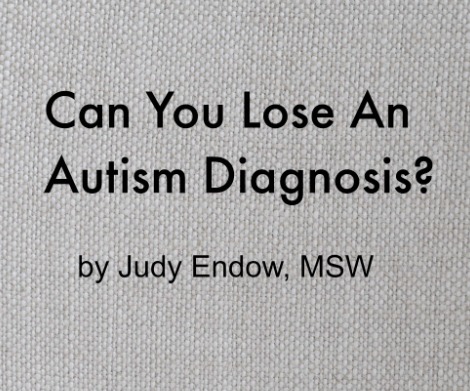
I am an almost 60-year-old autistic woman who can navigate the world in a way that surprises some people when they find out I have autism. My teen years were spent in an institution because people did not know what to do with my “behaviors” or with me. Today I am a self-employed author, speaker, consultant and artist with a master’s degree in Social Work.
Question: Did I lose my autism diagnosis?
Official Answer: Yes and No
No, an Autism Diagnosis Cannot Be “Lost”
Technically, once a person is diagnosed with anything that diagnosis becomes part of their medical records. Doctors do not go back in time and erase a diagnosis or in fact anything, from a patient’s medical records. In fact, this is against the law!
Yes, an Autism Diagnosis Can Be “Lost”
Practically, a diagnosis is derived by matching presenting symptoms to a list of diagnostic criteria for a specific diagnosis. Over time if symptoms are mitigated the diagnostic criteria may not be observable. Some say this means the person lost the diagnosis.
The Autistic Brain
In general we know the brain is malleable during the growing up years. We also know that early diagnosis leads to early intervention and the outcome of early intervention can be quite positive for some children with autism, in terms of getting autistic children to respond and behave like neurotypical children (if we consider that positive). What we don’t yet know is if these behavior changes represent a change in the brain – has the child’s autistic brain actually been changed into a neurotypical brain? At this point in time I can find nothing that shows this to be the case.
My Personal Experience
Every day I need to go out into the world posses difficulties for me. Most of my life has been spent solving these difficulties. My sensory system does not take in, process, store or retrieve information from the world around me like that of a neurotypical (NT) person. Lights are too bright, sounds are magnified and movement is often distorted. I am often side tracked, bothered by or experience pain from a multitude of sensory details that nobody else ever notices.
Sometimes I use a variety of earplugs or sunglasses. Most times sensory integration modalities such as using a weighted blanket, having a massage or getting deep pressure input are helpful. The best solution I have found is to plan in plenty of down time where there is no noise and no interactions with others so my system can integrate the sensorily overwhelming experiences that make up an ordinary day. This means I rarely watch TV, listen to music or talk on the phone when I am home in the evening. Sometimes motion sickness pills are helpful.
I am exhausted at the end of a work day because it takes a great deal of effort for me to continually stifle my reactions to sounds, sights, smells and movements that others do not typically notice. I have to particularly pay attention to conventional social mannerisms such as remembering to look at people during conversation, track which words are “work words” and which words are “social fluff words” and respond accordingly. I work at this because I like to be able to fit in and in many respects my continued employment depends on it.
I have become pretty good at figuring out the right combinations of down time, decreased environmental sensory input and sensory integration techniques I need to manage various sorts of days. The older I get the better I am able to guess correctly, but even so, I end my days with exhaustion for having “kept up” with the Joneses (in this with the neuromajority!).
Some would look at me and say that I lost my autism diagnosis only because I have learned to inhibit most of my natural reactions and responses when in public. I seldom squeal, flap, moan or make extraneous noises. Because I want a ticket to participate in the world I have learned over many years how to act like a neuromajority person. This is a privileged position in that not all autistics are able to inhibit to the degree needed to obtain society’s tickets for participation. And, even though I can chose to fit in, I must pay the price for it every day because after decades of practice, this behaving correctly, though easier with more practice, still does not come naturally.
Future Considerations
Going forward I believe we need to examine and consider changing our measures of success for autistics. This discussion will undoubtedly be further impacted in the future if science finds a way to determine whether the malleable brain of an autistic youngster can actually become the brain of a non-autistic adult. Until then, we need to ask if the outcome of being indistinguishable from peers is really valid or is as successful as we imagine it to be. And if so, for whom is it a measure of success?
 JUDY ENDOW, MSW
JUDY ENDOW, MSW
Judy is an autistic author and international speaker on a variety of autism related topics. Read more from Judy on Ollibean here and on her website www.judyendow.com.

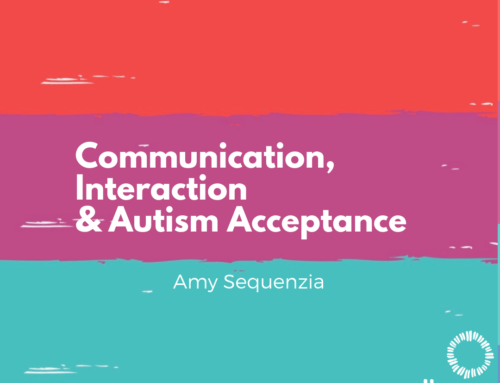
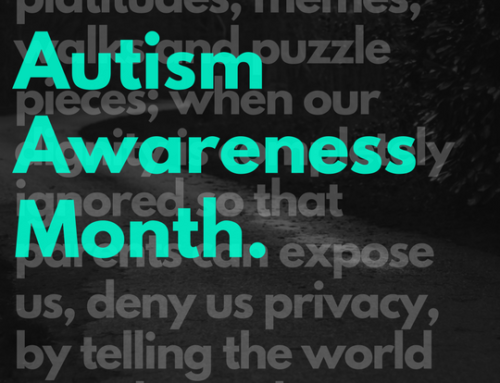
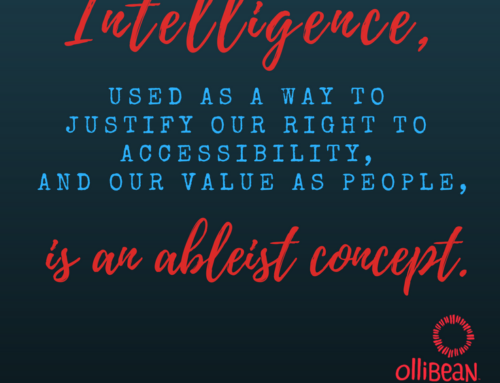
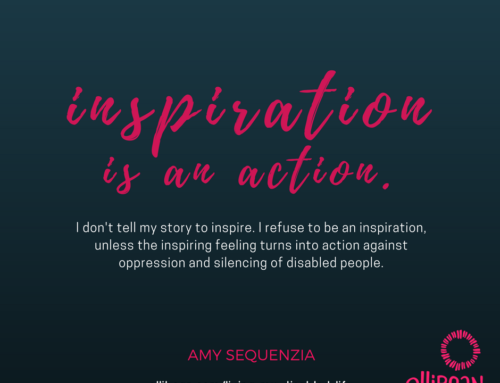
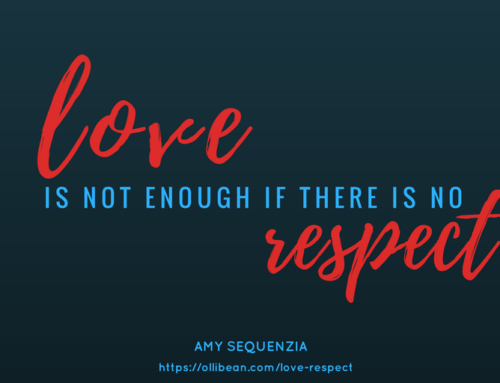
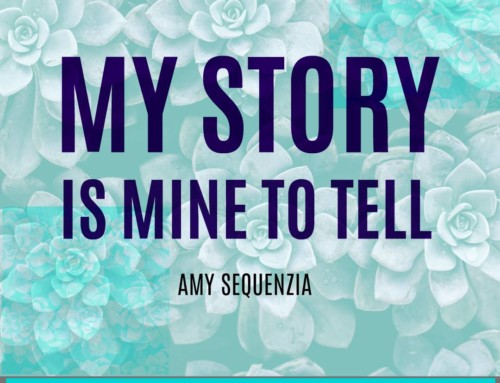
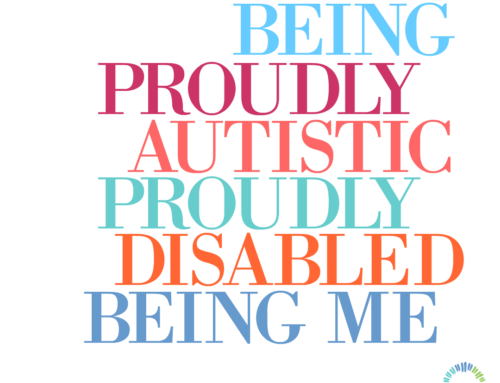
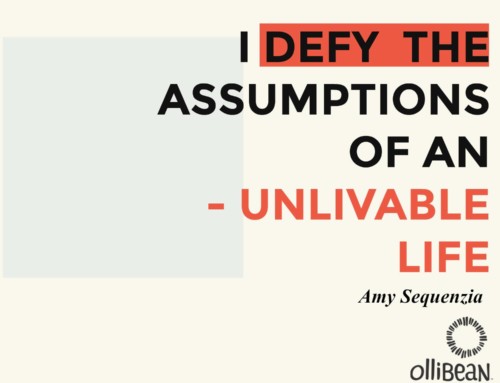
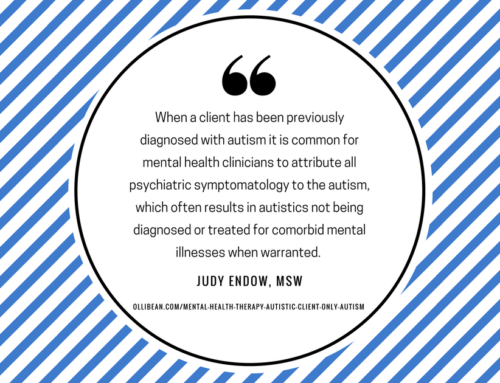
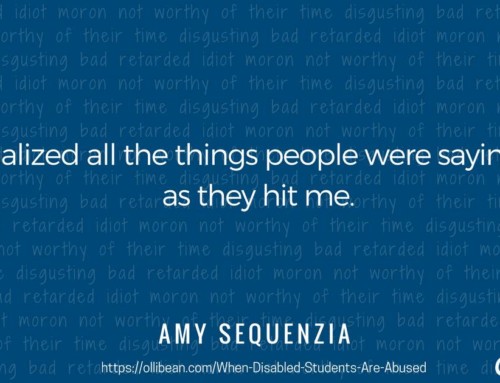

Thank you for sharing!! The “down time” makes sense, and I’m going to try to respect this necessity in my own home.
I’ve worked with a number of children who “lost” their ASD diagnosis, because they no longer met the full diagnostic criteria. Some of them had been given diagnoses of severe Autism when they were younger (my nephew, for example, when he was only 16 months old, but again when he was 4 years old).
In most of these cases, it was after multiple therapies – not just the speech and occupational therapy recommended by doctors, but multiple “alternative” therapies that mainstream medicine claims cannot work. My nephew, for example, stopped banging his head on everything and started looking around at the world after we implemented a gluten-free diet with him. When he was nearly 5, we got him into a study of a vitamin/mineral supplement and suddenly everything we’d been trying to teach him (and getting no response on) for years “fell into place.” He apparently needed the vitamins to express the skills, but he’d still been passively picking them up for years.
My nephew lost his autism diagnosis when he was almost 8. Now, at 10, he still has a lot of characteristics of Asperger’s… but his social skills aren’t as delayed as would be expected, his language has some odd holes in it (mostly in using irregular tenses and the occasional incorrect pronoun), and he definitely gets obsessed with things, although an obsession with Minecraft seems to be diagnostic of MOST American 10-year-olds.
Years ago I remember seeing a cartoon — I think it may have been Cal Montgomery who showed it to me. It had a teacher with a class of children on a field trip. Only all of the children’s heads were empty ovals. The caption read: “It was at this moment that Jane realized that ‘indistinguishability from peers’ might not be the best of goals…”
Thank you Judy this is informative.You’re a inspiration
I embrace my Autism DX; however I strive to function in this NT world as best as I can! I try new things; I force myself to venture out to places I don’t necessarily like – but I tolerate pretty well! I drive my own car, it took me 12 years to earn my BA but I did it! It’s a tri-course Communication Disorders, Psychology and early childhood education – 6th grade! Interdisciplinary Studies Degree from the University of Texas @ Dallas. I may have Autism, even though I may meltdown on occasion; Autism does not have me – it’s just a small part of who I am!!!!!
My 3yr.old grandson was diagnosed w/autism,This affected all of us.We can’t afford all his therapies his father is just a gov’t. emplyee we depend on God’love ang mercy. I wish and pray for Divine intervention and hope too someone out there would help our little boy.
My son is 8 years old and has autism. I do not like the comments so called professionals make about my child. They say I should put him in a life skills program so he can learn real life skills. I get so annoyed with these people because how can you limit a child’s potential. I am just going to keep pushing him and not listen to other people. My child has language and I know he is smart. I hate the special education world and how the so called professionals are so rigid in their opinions of children on the spectrum. Look Judy got better, who’s to say my son won’t.
A lot of what you are describing sounds more like Sensory Issues-which is NOT synonymous with autism. A lot of people have sensory processing issues are NOT autistic.
If you are a social worker, you obviously able to interact well with people. So that would seem to mean you have abilities with people that would suggest that many of the autistic features are gone. If you were in a mental institution (even by the standards of the times) and can now function as a social worker, even if with difficulty.??
I’m sorry honey. That’s neuroplasticity in action….even if you aren’t perfect (and who is?) and even if you still struggle with what sound to me more like sensory issues than anything else. Maybe you could consider options such as Berard’s AIT (auditory integration training), or consulting an OT for example.
As for early intervention, there IS evidence that at least some forms of it-namely ESDM-normalizes certain aspects of brain activity. Namely that their brains respond to people differently from objects in a way that “Neurotypicals” do, and most autistic people don’t.
So the assumption that any improvements is a person with an autism diagnosis is the result of maturity and coping skills, and never any actual changes in the brain…..is often not the case.